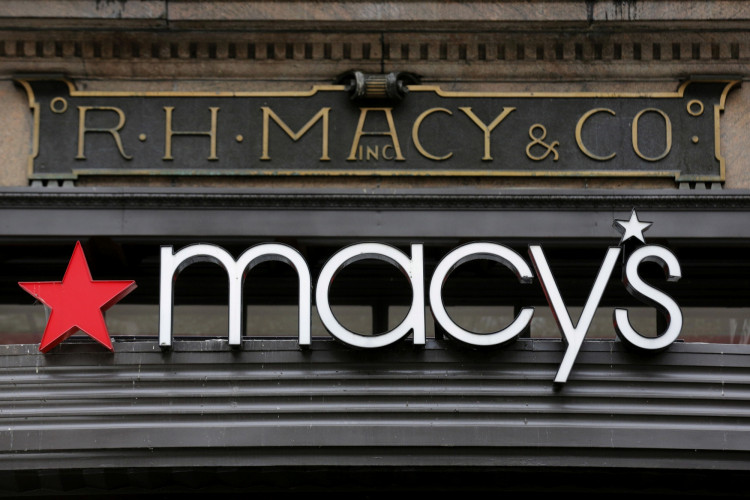Macy's Inc. (M.N) has decisively turned down a $5.8 billion acquisition proposal from Arkhouse Management and Brigade Capital Management, raising critical concerns about the offer's financial viability and overall valuation. This development marks a significant point in the ongoing struggles of traditional department store operators to keep pace in a rapidly evolving retail landscape dominated by online competition.
The proposed deal, revealed last month, involved Arkhouse, a real-estate-focused investment firm, and Brigade, a hedge fund, offering to buy shares of Macy's they do not currently own for $21 per share. The consortium indicated readiness to consider a higher offer, contingent on access to due diligence, which Macy's has firmly refused to grant.
Macy's board cited the proposal's lack of "compelling value" and questioned the bidders' ability to finance the transaction. "The board has determined not to enter into a non-disclosure agreement or provide any due diligence information to Arkhouse and Brigade," Macy's stated, highlighting the investment firms' failure to assuage the board's financing concerns.
Despite Arkhouse's assertion that investment bank Jefferies has provided a letter expressing high confidence in raising the necessary funds, Macy's remained skeptical. The retail giant labeled the financing as uncommitted, laden with several non-standard preconditions.
Arkhouse and Brigade currently hold a significant stake in Macy's through Arkhouse-managed funds, but their latest move has cast a spotlight on the perceived undervaluation of Macy's, especially in relation to its real estate assets. Analysts estimate Macy's real estate value to be between $7.5 billion and $11.6 billion. As of January's end, Macy's owned 316 of its 722 stores, according to its annual report.
The bid comes at a time when Macy's, like other veteran department stores, is grappling with the challenge of competing against newer, digitally-focused retailers with smaller physical footprints. Last week, Macy's announced plans to cut 2,350 jobs and close five stores as part of its strategy to streamline operations and adapt to changing market conditions.
This rejection underscores the complexity of navigating the retail sector in today's digital age. For Macy's, the decision to decline the offer reflects a strategic choice to maintain autonomy amid financial uncertainty and shifting consumer preferences.
Macy's stance also indicates the company's reluctance to embark on a sale process with other parties, as no unsolicited bidders have emerged that align with the company's criteria for a potential deal. Macy's expects any successful bidder to demonstrate committed financing and a proven track record in retail sector buyouts.
As Macy's continues to evolve in a competitive and rapidly changing retail landscape, the company's rejection of Arkhouse and Brigade's proposal serves as a cautionary tale for investors eyeing legacy department store operators. It highlights the critical importance of thorough financial planning and realistic valuation in potential acquisition deals.





